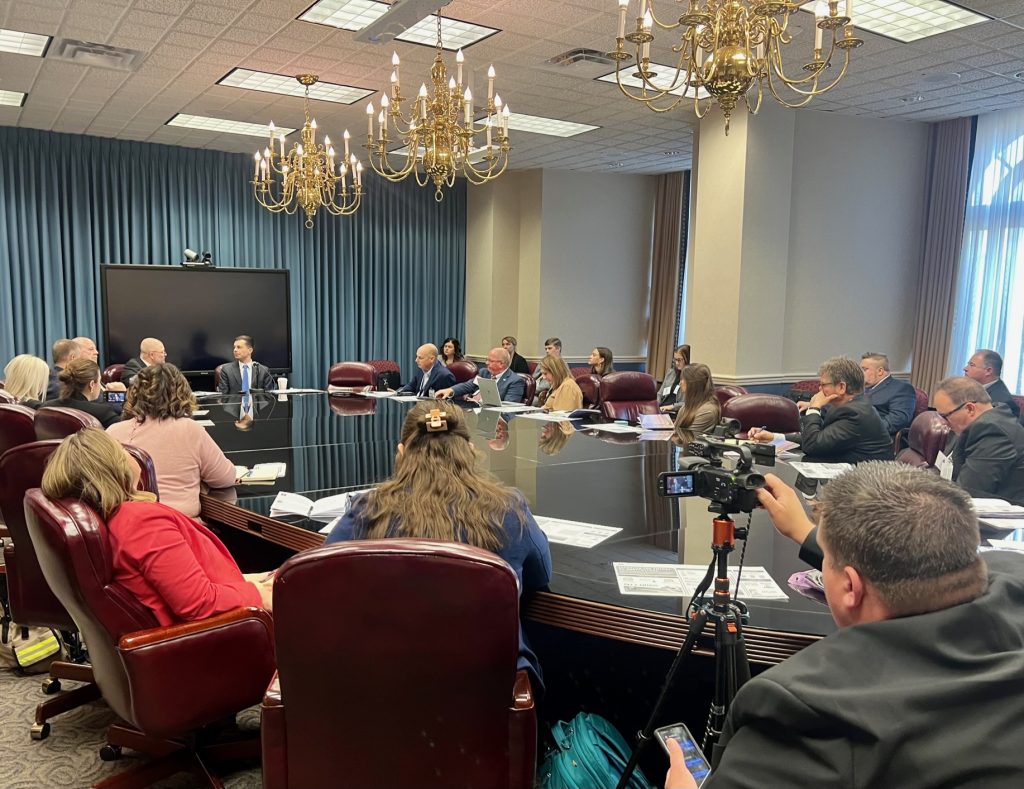
Farm Director KC Sheperd is featuring comments from the Secretary of Transportation, Pete Buttigieg, talking about the East Palestine Ohio train derailment, what the U.S. is doing for rail safety, and more.
“In terms of what we are doing, from day one, we have stepped up safety audits that were slowed down or withdrawn under the last administration because we think it is very important to look over the shoulders of these freight railroad companies and make sure they are compliant,” Buttigieg said. “Since what happened in East Palestine, we have done additional supplemental inspections and safety advisories related to things like wayside defect detectors or hotbox detectors- those are devices that can sense temperature anomalies in the wheels as they pass by, hazardous materials, and how they are handled, and other things that we think deserve special attention right now.”
Buttigieg said that although he is taking part in supporting these safety measures, he would like to see Congress step in to help.
“Our hand would be a lot stronger if Congress would strengthen it,” Buttigieg said.
Right now, Buttigieg said, even if an egregious hazardous material-related violation by a railroad resulting in a fatality, the most he can assess by way of a penalty is in the neighborhood of 250,000 dollars.
“If you are a multi-billion-dollar corporation like Norfolk Southern, in my view, that is not enough to really get your attention,” Buttigieg said. “That cap is set by Congress.”

There is bipartisan legislation now, Buttigieg said, cosponsored, among others, by both the Democratic Senator Sherrod Brown and the Republican Senator J.D. Vance from Ohio, which could change or increase the penalty limit.
The adoption of stronger railroad tank cars was set to by rule to be finished by 2025, Buttigieg said, but due to interference from Congress, it was slowed down.
“One of many cases where railroad regulations have either been blocked or watered down in recent years,” Buttigieg said. “I think we ought to be doing the reverse. Make them tougher, not weaker.”
Buttigieg said there have been indications that bipartisan legislation concerning improving railways could move in Congress as early as the next few weeks.

Also mentioned by Buttigieg was improving transportation safety and economic strength in rural America.
“While we put a lot of thought into how we chose the successful applications in those competitive programs, for every dollar that is going through that side of the infrastructure law, there are many more dollars that are going directly to the states,” Buttigieg said. “We will communicate with the states about what we believe is good policy, but ultimately, the law puts most of that discretion in their hands, and as long as they are meeting the letter of the law, they can program those dollars as they see fit. We have a lot of regard for that role that they have.”
On the subject of Ford announcing they will not be including AM Radio in several new vehicle models, Buttigieg said AM Radio continues to play an important role with regard to providing critical information to individuals.
“One thing we know about living in these times is weather emergencies are becoming more frequent and more severe,” Buttigieg said. “So, while I don’t know of a formal legal role that we have with regard to that, it certainly is something that will be on our mind as we remain in dialogue with the auto industry and with related industries when it comes to transportation.”
In his conversation with the farm broadcasters at the NAFB’s Washington Watch, Buttigieg also talks about the Department of Transportation’s role in labor and supply chain issues and more. Click the audio at the top of the story to listen to the full conversation.















